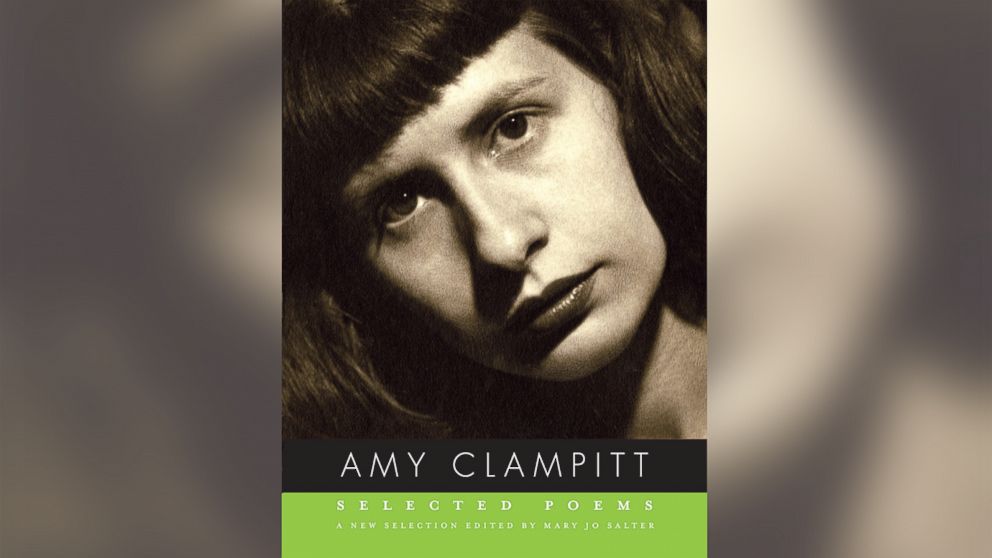How MacArthur 'Geniuses' Spend Their Money
MacArthur Fellows have bills to pay too.

— -- intro: Twenty-one people, named today as 2014 MacArthur Fellows, were awarded $625,000 each, dubbed by the media as "genius grants." They accept the money with no strings attached over a five-year period, which means they can spend it however they want. What can the newest inductees learn from past winners?
Many recipients, who have devoted their lives to research and have never had a salary, are sometimes overwhelmed by both the money and recognition. The winners don't apply and aren't even nominated in an official process. The monetary award, which the John D. and Catherine T. MacArthur Foundation has increased over time, is spent by many to support their work or for charitable causes, but not all the time.
Ancient Skeletons Found Holding Hands in England
Renewed Spotlight on Why the National Football League Is a Nonprofit Group
Here are some of the most memorable ways the geniuses have used their funds.
quicklist:title: Tommie Lindseycategory: 2004 ($500,000)text: Tommie Lindsey, an educator in California, told ABC News that besides co-authoring a book with the money, “we had to pay our fair share to the IRS.”
Linsey supported his children, too.
"I helped my son get a car," Lindsey told the Chicago Tribune in 2006. "He got a '65 Impala. It was real cheap, but that kind of car is in vogue for him. I am taking care of his college expenses, too, and I helped my daughter with her college loans. Otherwise, I am just trying to take care of my bills and then trying to subsidize the forensics program," he said, referring to the field of speech and public speaking.
"I always covered for [my students at school]. Some kids can't afford things. They need new suits, clothes. I have one kid on my team whose family has been homeless for two years. When these kids are so sincere in what they do, we can't shut them off from this opportunity," Lindsey said.
When asked if he used all of the grant, Lindsey told ABC News that there is still some money in his investments. He’s also getting ready to write another book.
media: 25571709
quicklist:title: Mike Daviscategory: 1998 ($315,000)text: Mike Davis, a historian and now a creative writing professor at the University of California Riverside, said the most "dramatic" thing that happened since receiving the money "was trying to resolve whether to accept the award or not -- because I really don't believe in the award."
"On the other hand, I grew up in a family where, if the Brinks truck comes and a bag falls off, you don't promptly turn it into the police," he told the Chicago Tribune. "You leave for Mexico the next morning."
How did Davis spend the award?
"Oh, I just wasted it," he told the Tribune. "The best way I wasted it was I sent my kids on trips everywhere. My older daughter traveled to Africa and Asia. I took my son to Greenland and the Arctic. My wife and I moved to Hawaii for two years and lived in a little plantation village on the east coast of the Big Island. For the first time in my life, I had the opportunity to write uninterrupted, and, during the years I had the MacArthur, I produced at least one book a year. It doubled my productivity."media: 25630069
quicklist:title: Amy Clampittcategory: 1992 ($260,000)text: Poet Amy Clampitt bought a house in Lenox, Massachusetts, with her award. But when she was diagnosed with ovarian cancer, her husband helped turn the property into a house for poets. Since 2003, the house hosts rising poets for 6- to 12-months, NPR reported.
media: 25572975




